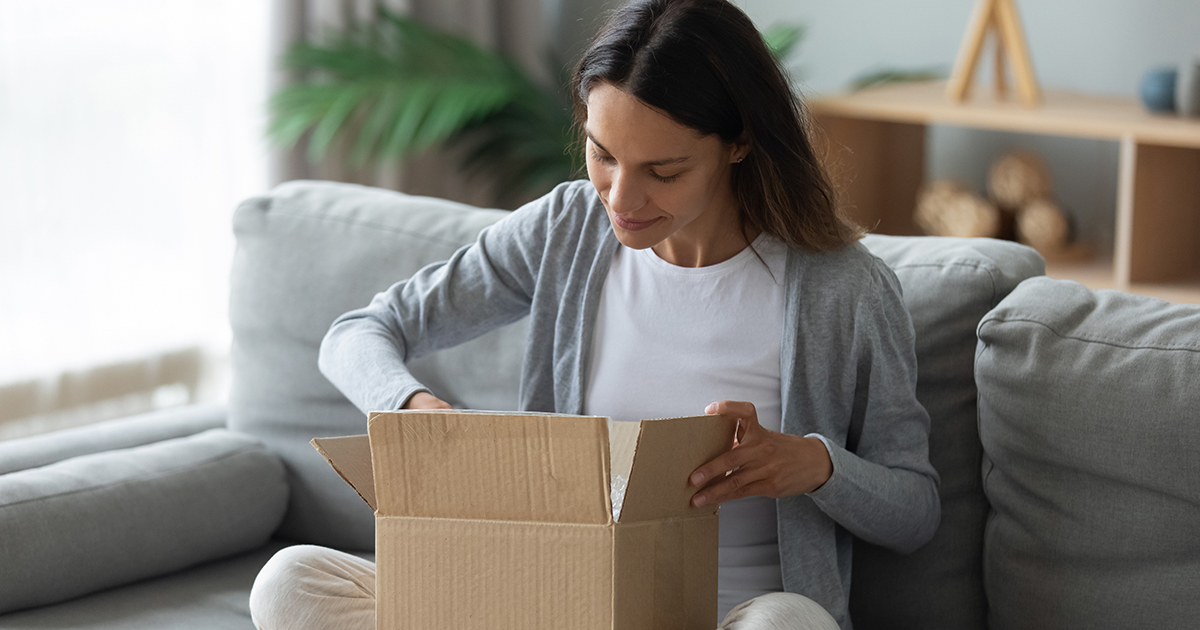
How Viruses Spread and How to Protect Yourself
Whether it’s the flu, a cold, COVID-19, RSV or a stomach bug, contagious viruses are a part of life, especially when people spend more time indoors. Understanding how viruses spread can help you avoid getting sick and keep those around you healthy, too.
“Viruses are tiny infectious particles that rely on people or animals to keep spreading,” Brian Curtis, MD, vice president, chief medical officer, OSF Medical Group, said. “They can move through the air, through touch or on contaminated surfaces.”
Protect yourself from common viruses
How Viruses Spread
Different viruses have different ways of moving from one person to another. Many common illnesses – including colds, flu, RSV and COVID-19 – are respiratory viruses, meaning they spread mainly through droplets and aerosols from an infected person’s nose or mouth.
Each time someone talks, coughs, sneezes or even breathes, they release droplets into the air. When you’re close to someone who’s infected, it’s easier to inhale those droplets and get sick. Some viruses, like influenza, can spread both through droplets and the air. Flu spreads through both droplets, which fall quickly, and smaller airborne particles that can linger a little longer.
Other viruses, like norovirus – more commonly known as the stomach flu – can spread when tiny particles from vomit or stool contaminate food, surfaces or hands. You can get sick by touching your mouth after contact with these germs.
Why Some Environments Increase Your Risk
Certain settings increase your risk of picking up a virus. For example, crowded, poorly ventilated spaces make it easier for virus-carrying germs to linger and spread.
“When you’re in a closed area with limited airflow, virus particles can build up in the air,” Dr. Curtis said. “Outdoor gatherings or well-ventilated areas reduce that risk because the air moves and disperses the particles.”
Even simple factors, such as how closely people are gathered, how long they spend together or whether someone has a high viral load – meaning a lot of virus in their body – can influence how easily an illness spreads.
Understanding Germs on Everyday Surfaces
While most viruses spread mainly through person-to-person contact, contaminated surfaces – like light switches, remotes, doorknobs, tabletops and counters – can also play a role [link to what to clean blog]. If someone sneezes or coughs onto a surface or touches it after wiping their nose, the virus can remain there for a while ready to spread when another person touches that surface.
How long do germs stay on surfaces?
It depends on the type of virus and the surface itself.
- Flu virus: Studies show the flu virus can survive on surfaces such as plastic and stainless steel for up to 24 to 48 hours.
- COVID-19: According to the Centers for Disease Control and Prevention, COVID-19 can live on surfaces from a few hours up to several days, depending on the material and environment.
- Stomach viruses: Stomach flu germs can last on surfaces for days or even weeks if not properly disinfected.
“Touching a contaminated surface and then your face – especially your eyes, nose or mouth – can be enough to make you sick,” Dr. Curtis said.
That’s why regular hand washing and disinfecting commonly touched items are still some of the best ways to stop viruses from spreading.
How to Protect Yourself and Others
While you can’t completely avoid exposure to viruses, you can reduce your risk with a few simple habits:
- Wash your hands often with soap and water for at least 20 seconds [link to handwashing video].
- Avoid close contact with people who are sick.
- Cover coughs and sneezes with your elbow or a tissue.
- Consider wearing a mask to avoid spreading your germs when you have to be around others.
- Clean and disinfect frequently used and touched surfaces, such as phones, door handles, water bottles and countertops.
- Stay home when you’re ill to prevent spreading germs to others.
- Keep up with vaccines for flu, COVID-19 and other illnesses.